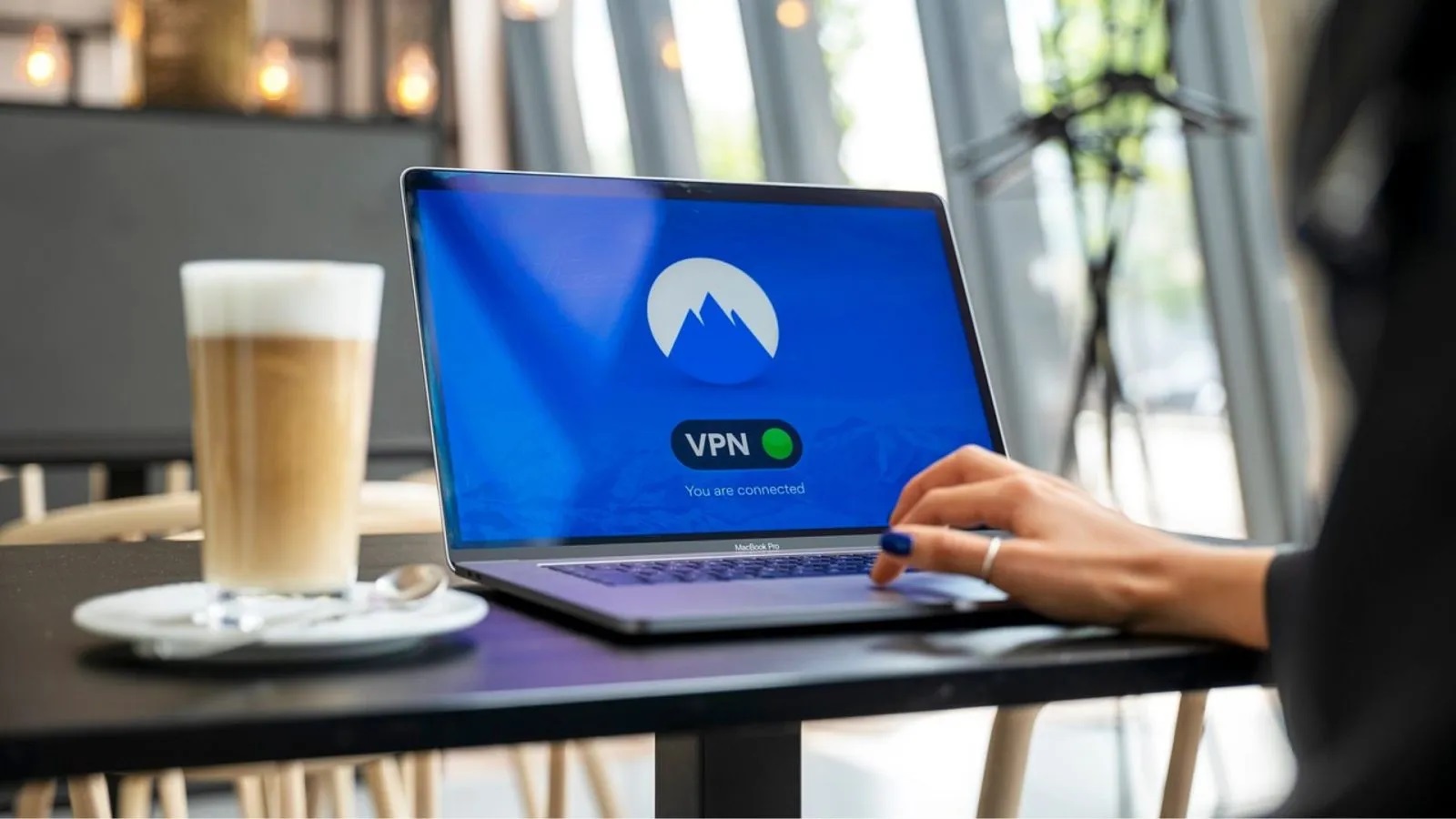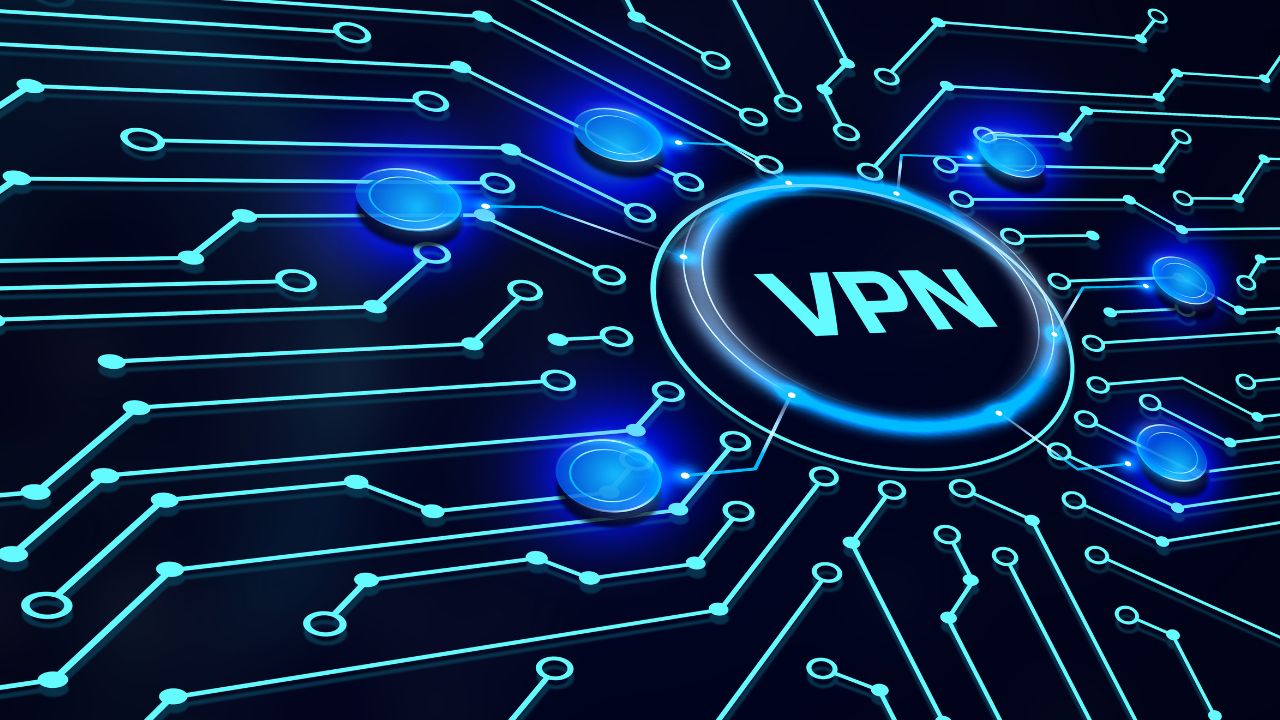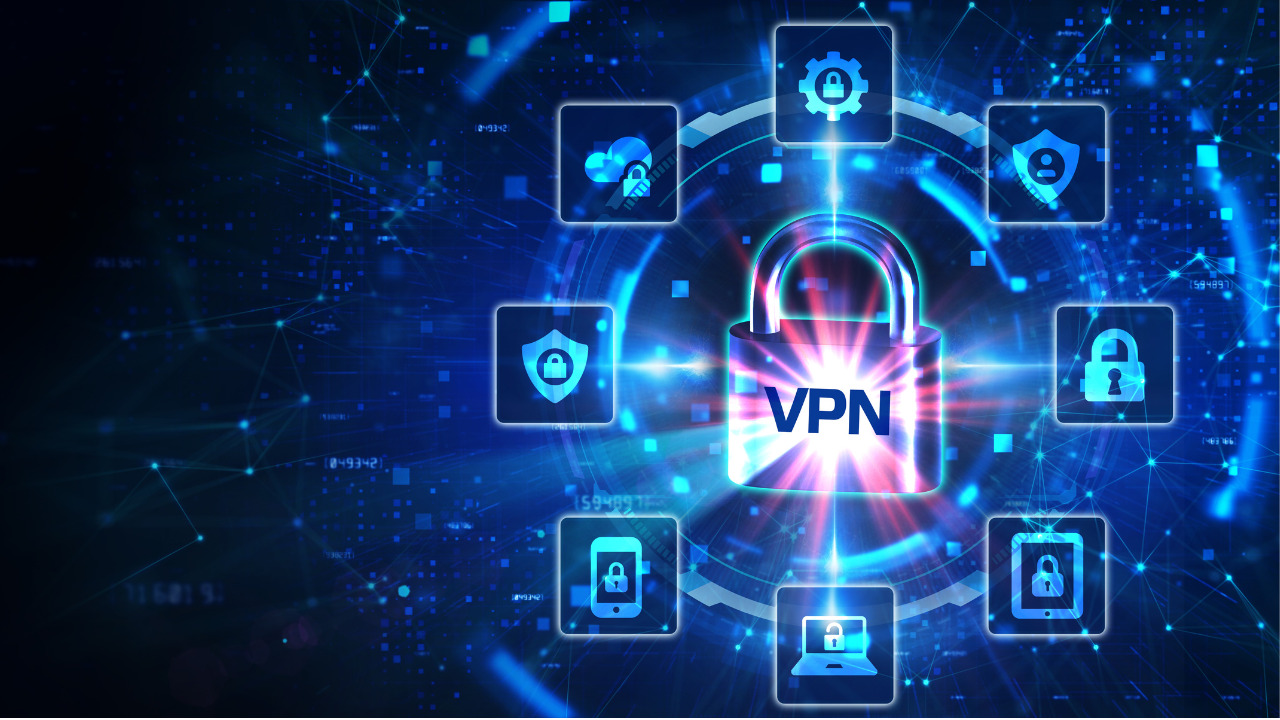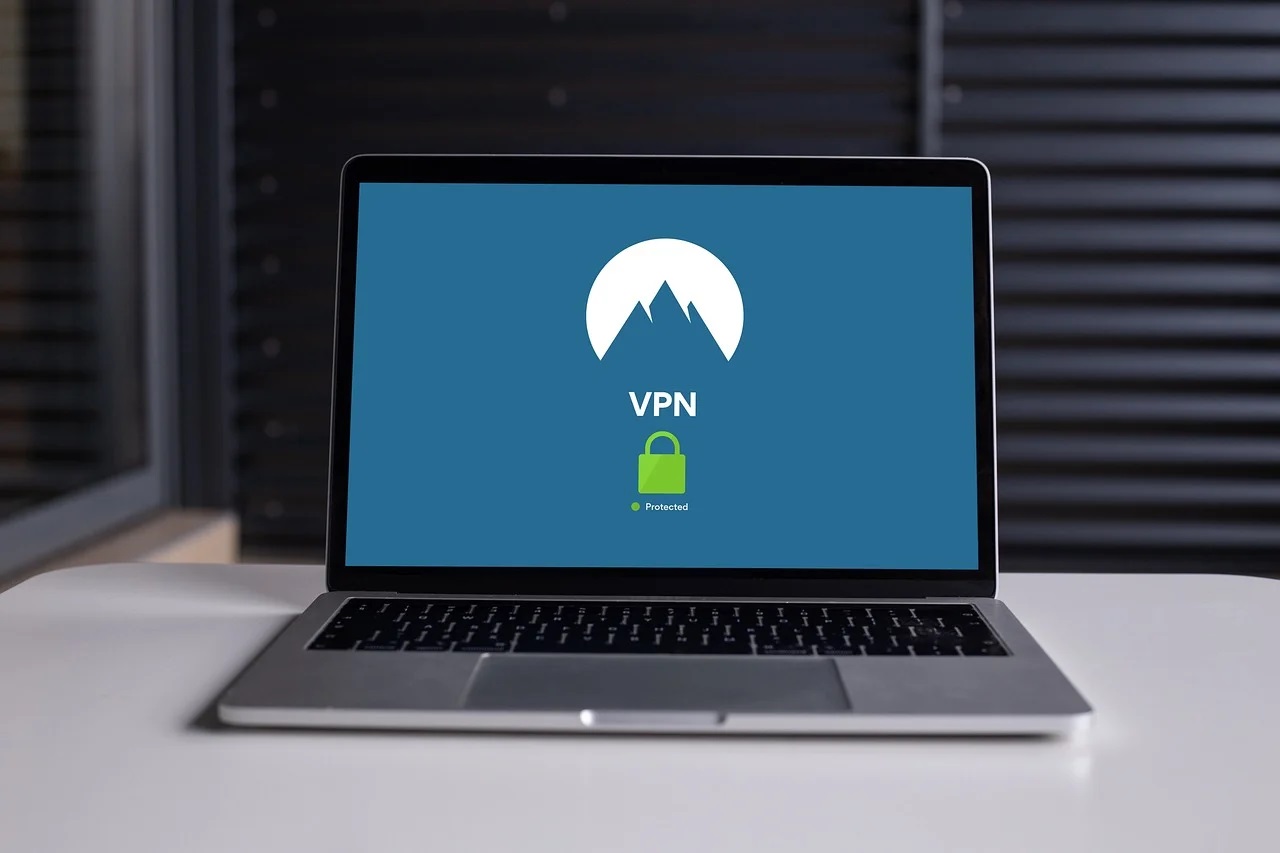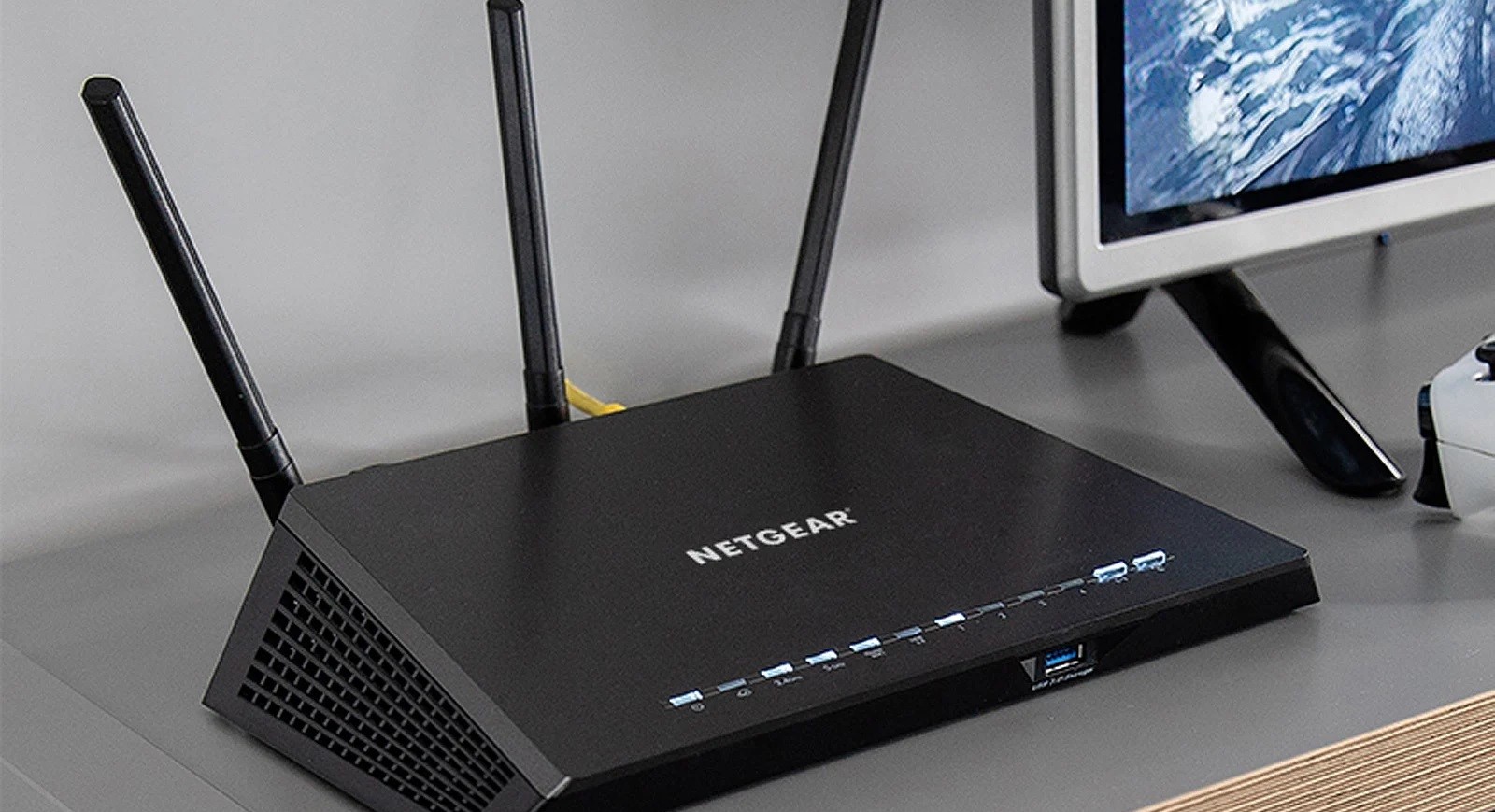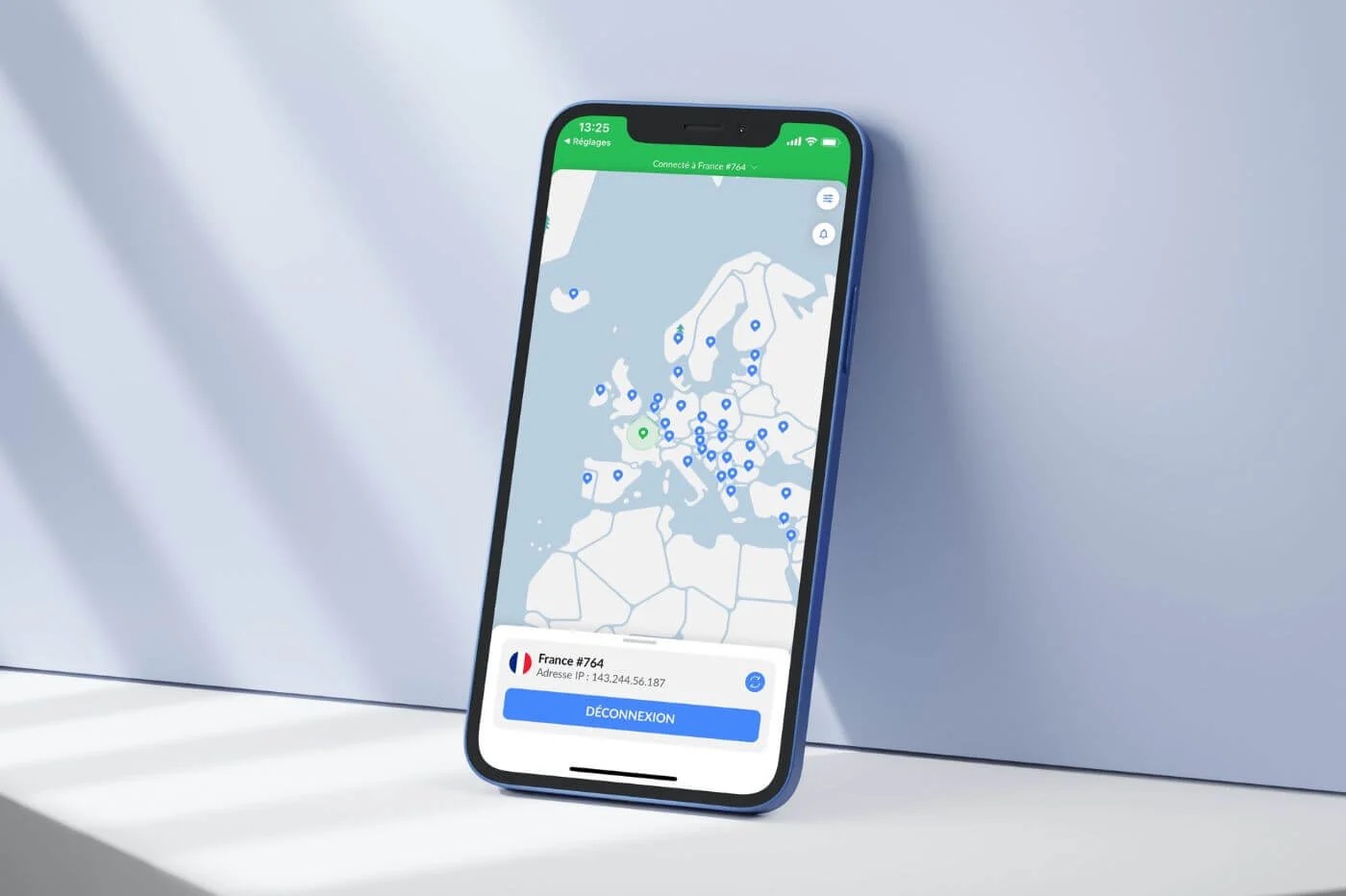Home>Software and Apps>Unlocking Secure Connections: The Power of VPNs
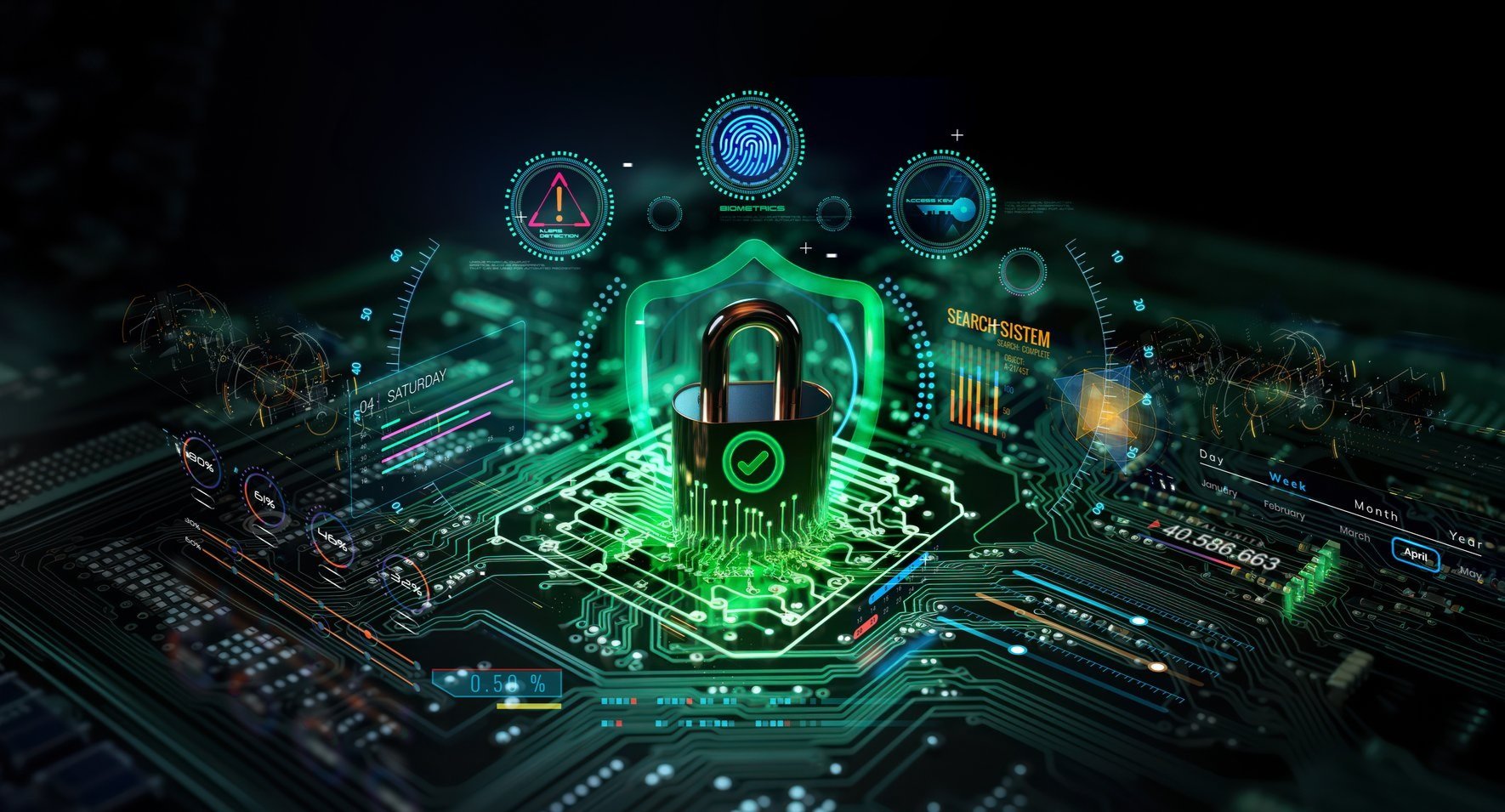

Software and Apps
Unlocking Secure Connections: The Power of VPNs
Modified: September 5, 2024
Discover the best software and apps for unlocking secure connections with the power of VPNs. Protect your online privacy and access restricted content effortlessly.
(Many of the links in this article redirect to a specific reviewed product. Your purchase of these products through affiliate links helps to generate commission for Techsplurge.com, at no extra cost. Learn more)
Table of Contents
What is a VPN?
A VPN creates a secure, encrypted connection between your device and a VPN server. This connection masks your IP address and encrypts your internet traffic, making it difficult for third parties to intercept or monitor your online activities. Essentially, a VPN creates a virtual tunnel through the internet, ensuring that your data remains private and secure.
How Does a VPN Work?
Encryption
The VPN encrypts your internet traffic using advanced encryption algorithms such as AES (Advanced Encryption Standard). This encryption makes it virtually impossible for hackers or eavesdroppers to intercept and read your data.
IP Address Masking
The VPN server assigns you a new IP address, which is different from your actual IP address. This masking makes it difficult for websites and other online services to track your location and identify you.
Secure Tunnel Creation
The VPN establishes a secure tunnel between your device and the VPN server. This tunnel is encrypted and protected from interception by third parties.
Data Routing
The encrypted data is routed through the VPN server before reaching its final destination. This routing ensures that your data remains secure and private throughout the journey.
Benefits of Using a VPN
Enhanced Privacy
By masking your IP address and encrypting your data, a VPN significantly enhances your online privacy. You can browse the internet without worrying about being tracked by advertisers, hackers, or other malicious entities.
Secure Public Wi-Fi
Public Wi-Fi networks are often unsecured, making them vulnerable to hacking. Using a VPN when connecting to public Wi-Fi networks ensures that your data remains encrypted and secure.
Access to Geo-Restricted Content
Some websites and services are geo-restricted, meaning they can only be accessed from specific locations. A VPN allows you to bypass these restrictions by making it appear as though you are accessing the content from a different location.
Protection Against Cyber Threats
A VPN provides an additional layer of protection against cyber threats such as malware, phishing attacks, and other forms of online exploitation.
Secure Data Transfer
For organizations with remote workers, a VPN ensures that sensitive information is transferred securely over the internet, reducing the risk of data breaches.
Limitations of Using a VPN
Speed
Encrypting data and routing it through a VPN server can sometimes slow down your internet connection. However, modern VPNs have optimized their servers to minimize speed loss.
Cost
While some VPN services are free, many reputable VPNs require a subscription or one-time payment. The cost can vary widely depending on the provider and the features offered.
Server Quality
The quality of the VPN server can significantly impact your experience. Some VPNs have better server infrastructure than others, which can affect speed and reliability.
Log Policy
Some VPNs keep logs of user activities, which can compromise your privacy. Look for VPNs with a strict no-logs policy to ensure maximum security.
Jurisdiction
The jurisdiction of the VPN provider can also be a concern. Some countries have stricter data retention laws, which might affect the level of privacy you enjoy.
Types of VPNs
Consumer VPNs
These are the most common type of VPN and are designed for individual users. They offer a range of features including encryption, IP masking, and access to geo-restricted content.
Business VPNs
These VPNs are designed for organizations and provide additional features such as secure data transfer, remote access, and advanced security protocols.
Mobile VPNs
These VPNs are specifically designed for mobile devices and offer seamless connectivity on-the-go.
Wireless VPNs
These VPNs are used in wireless networks to ensure secure data transfer over unsecured connections.
Site-to-Site VPNs
These VPNs connect multiple sites within an organization, ensuring secure communication between different locations.
How to Choose the Right VPN
Read more: Unlocking Roku’s Potential with VPNs
Encryption Protocols
Look for VPNs that use strong encryption protocols such as AES-256.
Server Locations
Ensure the VPN has servers in multiple locations to provide better coverage and speed.
Speed
Check the VPN’s speed performance to ensure it doesn’t significantly slow down your internet connection.
Log Policy
Opt for a VPN with a strict no-logs policy to ensure maximum privacy.
Read more: Unlocking Minecraft’s Potential with VPNs
Customer Support
Good customer support is essential in case you encounter any issues with the VPN.
Device Compatibility
Ensure the VPN is compatible with your device, whether it’s a desktop, laptop, smartphone, or tablet.
Additional Features
Some VPNs offer additional features such as ad-blocking, malware protection, and kill switches. Consider what features are important to you and choose accordingly.
Common Misconceptions About VPNs
VPN Doesn’t Provide Full Privacy
Some people believe that using a VPN provides full privacy. However, it’s important to note that while a VPN encrypts your data and masks your IP address, it doesn’t protect you from all types of tracking. For example, some websites can still track your activities using cookies or fingerprinting techniques.
VPN Slows Down Your Internet
While it’s true that encrypting data can slow down your internet connection, modern VPNs have optimized their servers to minimize speed loss. In many cases, the difference in speed is negligible.
All VPNs Are Created Equal
Not all VPNs are created equal. Some VPNs offer better security features, faster speeds, and more reliable connections than others. Research different providers to find the one that best fits your needs.
VPN Can’t Prevent All Types of Tracking
While a VPN can prevent some types of tracking by masking your IP address and encrypting your data, it can’t prevent all types of tracking. For example, some websites can still track your activities using cookies or fingerprinting techniques.
VPNs are powerful tools that can significantly enhance your online security and privacy. By encrypting your data and masking your IP address, VPNs provide a secure connection that protects you from various cyber threats. While there are some limitations to consider, the benefits of using a VPN far outweigh the drawbacks. Whether you’re an individual looking to protect your personal data or an organization seeking to secure sensitive information, a VPN is an essential tool in today’s digital landscape.

